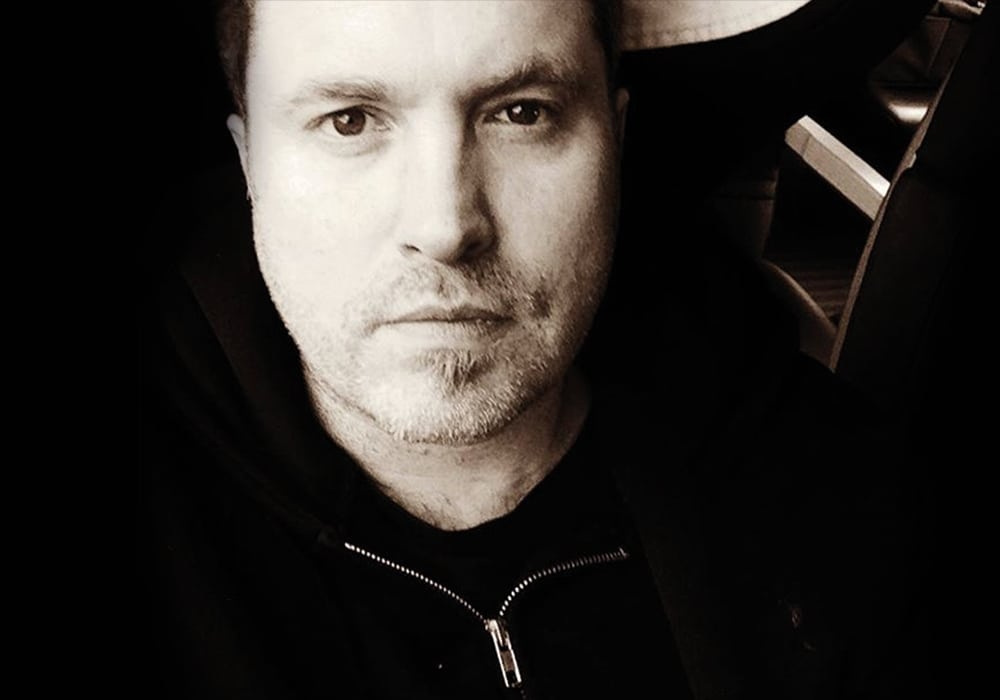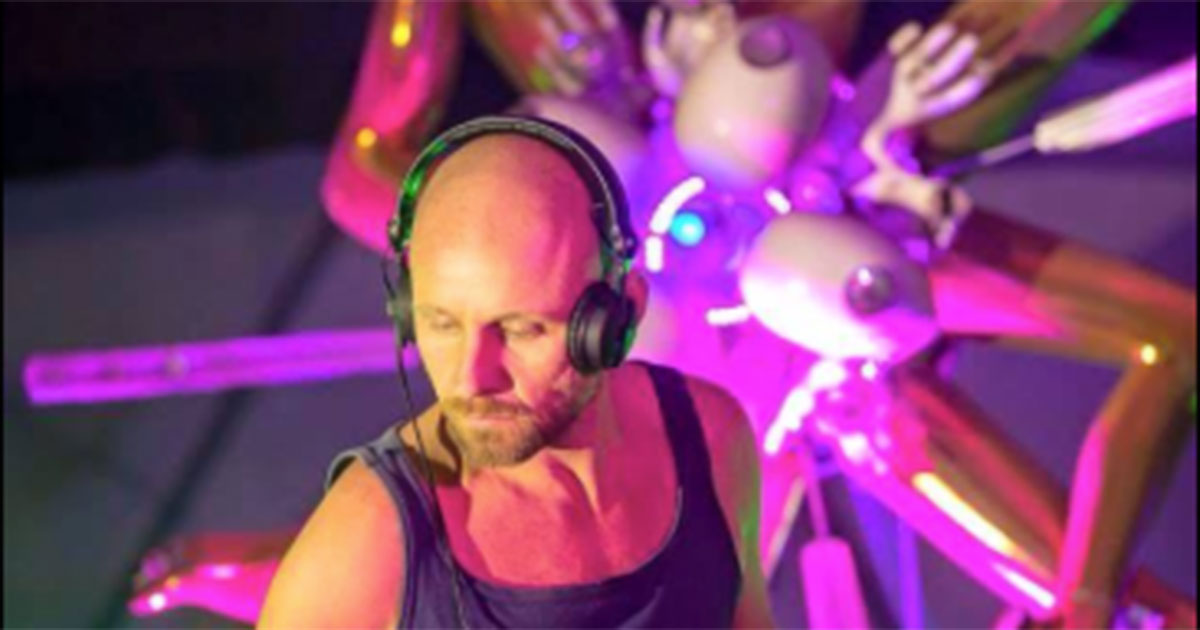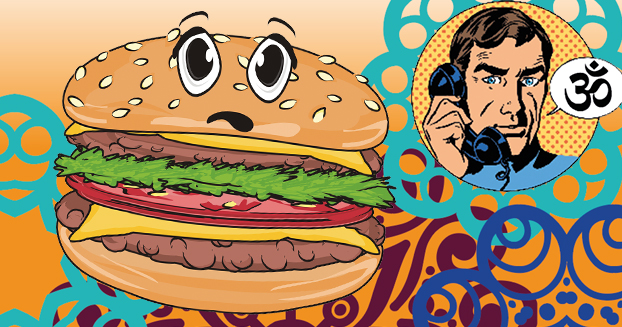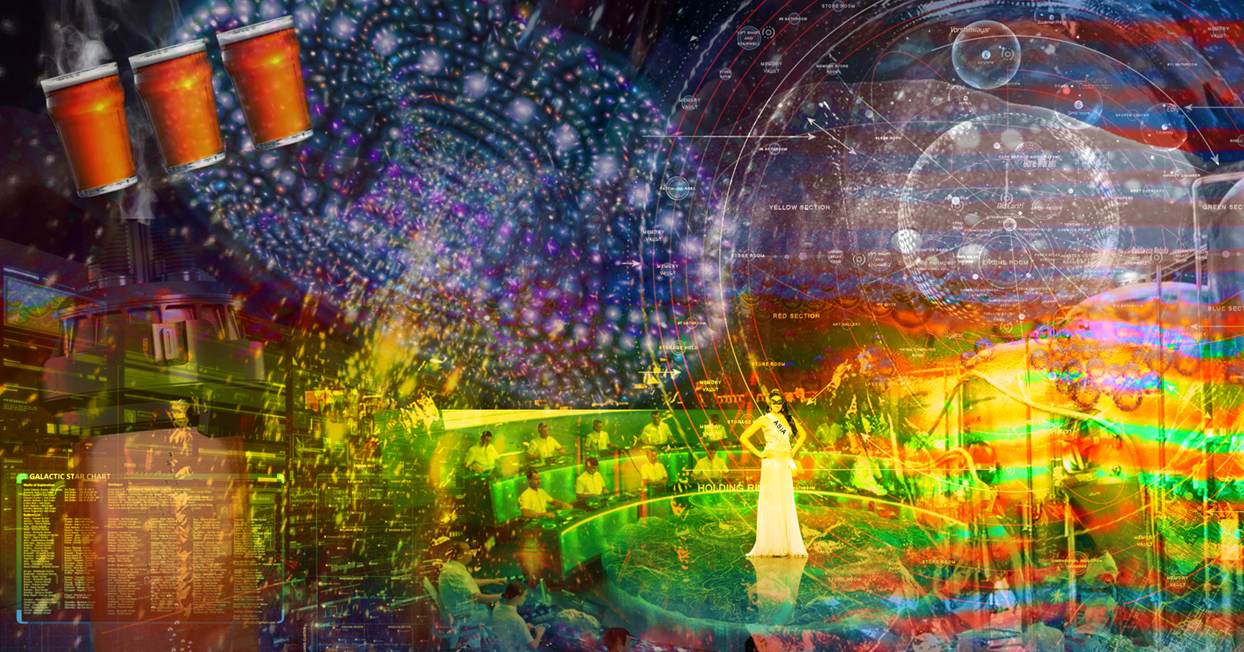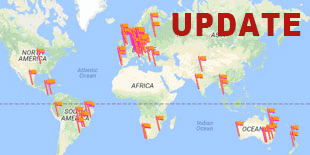As a DJ, he has seen many dance floors during the last 20 years. As the publisher of mushroom magazine, he knows exactly what happens behind the scenes. Mat Mushroom about the influence of Facebook, how to survive in times of the media crisis, about interesting answers and the support of the scene.
Twenty years of mushroom magazine – now that’s something to be proud of. But hands down: At the moment each and every issue that is published is something to be proud of. The world of print media is collapsing, huge newspapers are closing down just like special interest magazines. Is mushroom a case of “the condemned live longer”?
Believe me, I’m surprised myself. I don’t want to be pretentious, but I think many other publishers would have tossed the towel. There are various reasons why we are still alive and kicking: First, there are all those helpers and supporters out there. They help with the production and the distribution of the magazine just because they love the scene and its culture. Second, there are the advertising customers. Without them, there would be no money and no way to present a free print magazine. I can’t thank them often enough! Last but not least there are the readers. After 20 years I still see party people out there grabbing a copy of the latest mushroom and being amazed. That keeps me going!
It seems like it’s all about Facebook at the moment. Some big festival promoters don’t bother to build their own website any more, but communicate exclusively via social media. In this situation you just launched a very sophisticated new mushroom website. Why?
Well, before we talk about the new website I would like to mention that we have almost a quarter of a million Facebook fans. I love Facebook, it’s an amazing tool to connect people. But it has it’s flaws. For instance: Try to find a party in the area you’re staying without being a friend of the local party promoters or nightlife gurus. Or try to find a special interest group where people from all around the world blog about the Psytrance scene. It’s possible, but rather tricky. That’s where the idea of the new website starts. It’s a central medium where everybody can talk about his project, can post his DJ charts, and talk about the Psytrance culture of his home country – a central medium that is directly connected to Facebook & Co and that works in synergy with social media. There are also many new ideas like raffles and games… Check it out yourself at www.mushroom-magazine.com/editor
Looking back 10 years, there have been 5-page interviews and very extensive articles about music styles or labels. Is it the influence of Facebook that changed the style of the articles? Where does classic music journalism fit into this picture?
Well, Facebook & Co. definitely changed the way of communication and the expectations of the mushroom readership. Partly it’s just the zeitgeist, I guess. Go with the flow. However, I want to seize this opportunity to mention that “classic journalism“ became increasingly difficult in the Psytrance scene. I remember party promoters getting mad at me just because we published an ironic sentence about the not-so-great summer weather in Germany… they were afraid they would lose visitors. The game got more serious, it seems. I would really like to go back to a more “classic” approach towards journalism, presenting more deep, multidimensional, critical content again. For instance, I try to encourage artists to tell something else than who they worked together with and what they’re going to release. Few have the guts to take a stand, to tell something radical, it seems like everybody only wants to save face. Of course that is interesting info for the fans – but then again there is much more to talk about, especially in a print magazine. Just think about a nice chat in the Chill Out – that’s what I mean. In a very short time we will offer a special interview form at our website with questions to the artists far away from the standard verbal diarrhoea.
Well, a great musician is not necessarily a great talker. But yes, my experience is the same: Many interview partners stick to a very simple script that includes remixes, collaborations and gigs. Although there really is so much more to talk about, and that again provides follow-up communication, Facebook posts, “likes”… public attention. Speaking of follow-up communication: I guess there are certain mushroom editions that have a special place in your memory? Why?
Absolutely. I clearly remember the “Reset” edition from September 2003, for instance. Funny enough, it was published in the middle of a very serious crisis. We even tried to charge 1 Euro for mushroom – an idea that didn’t work out at all due to the lack of infrastructure. It’s an edition full of timeless articles, very well-written and just interesting to read. At the beginning of 2003 we had the first international edition, the first intershroom which told the history of Psytrance and introduced many producers, labels and deco artists of the scene. And the August 2010 edition, when we switched to English and presented a great artist special at the end of summer. By the way, that’s what I’m planning for the next mushroom, as well!
What’s your message for the next 20 years?
Become a part of the party! Become a writer, a distributor, or an “Area Agent” of your local Psytrance community. We have just laid the foundation for a great network: Our new website. So let’s see where we can take it during the next 20 years!
Interview by Roberdo Raval


